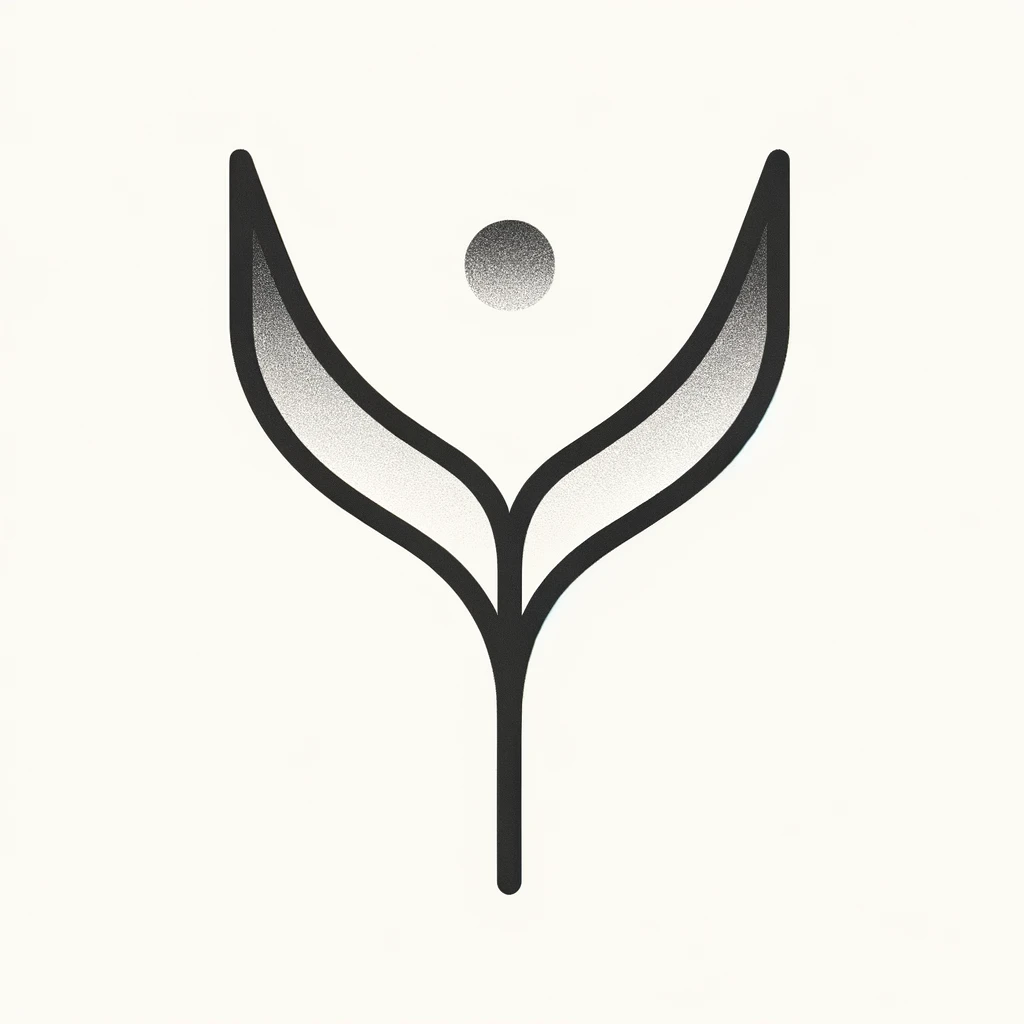Engage with Us on X-Twitter or LinkedIn
Is politics truly limited to a left-right spectrum? Recent global shifts in political dynamics challenge this conventional belief, calling for a consideration of higher-dimensional politics.

Since the advent of the 20th century, often regarded as the era of modern democracy, the left-right spectrum has been a primary frame of reference. However, recent elections, such as those in Brazil (2014, 2018, and 2022) and the US in 2020, have exposed deepening divides, underscoring the need for a broader understanding.
The Polarized Landscape of Brazilian Politics:
Brazil, a cornerstone of cultural and economic influence, has grappled with the confines of left-right politics over the past decade. 2014 set this polarization in motion, and every election since has amplified the rifts.
Yet, even amid this divisive discourse, fresh perspectives emerged. My writings to Facebook friends leading up to elections epitomize this, revealing attempts to perceive politics through a multi-dimensional lens rather than a linear one. Electoral periods often spark intense discussions among peers and families with contrasting views, and revisiting these exchanges offers invaluable insights.
Observations from the Elections:
- 2022: Brazil’s 2022 elections saw religion and politics become inseparable, with many framing the political contest as a spiritual battle. Yet, amidst the chaos, some voices urged critical thought, contrasting views, and open-mindedness.
- 2020 (US): The 2020 US elections ushered in a fresh political dimension. While the new right squared off against the traditional left, the unforeseen COVID-19 pandemic introduced new layers of complexity. Notably, different movement emphasized love and unity.
- 2018: Brazil’s 2018 elections deepened the divisions that originated in 2014. Reflecting on these events, my observations focused on the intricate interconnections within society. I advocated for ongoing dialogue and a forward-looking vision. Central to my musings was the concept of pluralism and the foundational essence of the family unit. Additionally, the imperative of effective governance echoed throughout my thoughts.
- 2014: Brazil’s ruling left-leaning party in 2014 took extreme measures to consolidate power. This approach stifled an emerging alternative that didn’t fit the conventional political mold. Brazil faced repercussions in subsequent years. The lesson? Power grabs aren’t always the answer, and flexible strategies are crucial.
The Relevance Today:
The narratives from these elections underscore that politics isn’t merely confined to the left-right continuum, but extends across multiple dimensions. As we transition into an age deeply influenced by code theory, the interconnectivity of societies makes a linear political viewpoint not just restrictive but actively detrimental. Take childcare as a prime example: it isn’t merely a familial concern but intersects with economic policies, gender equality, and societal conventions. Further, with technological advancements, the proliferation of AI, and the omnipresence of social media, the dissemination of both factual information and misinformation adds layers of complexity to the already intricate political milieu.
Conclusion:
In our ever-changing world, adhering solely to traditional left-right politics is insufficient. What’s required is a higher-dimensional political perspective that champions dialogue, mutual understanding, and holistic solutions rather than divisive rhetoric. Deeply rooted in our familial networks, it’s incumbent upon us to surpass age-old binaries, striving to fully appreciate the intricate tapestry that is global politics.